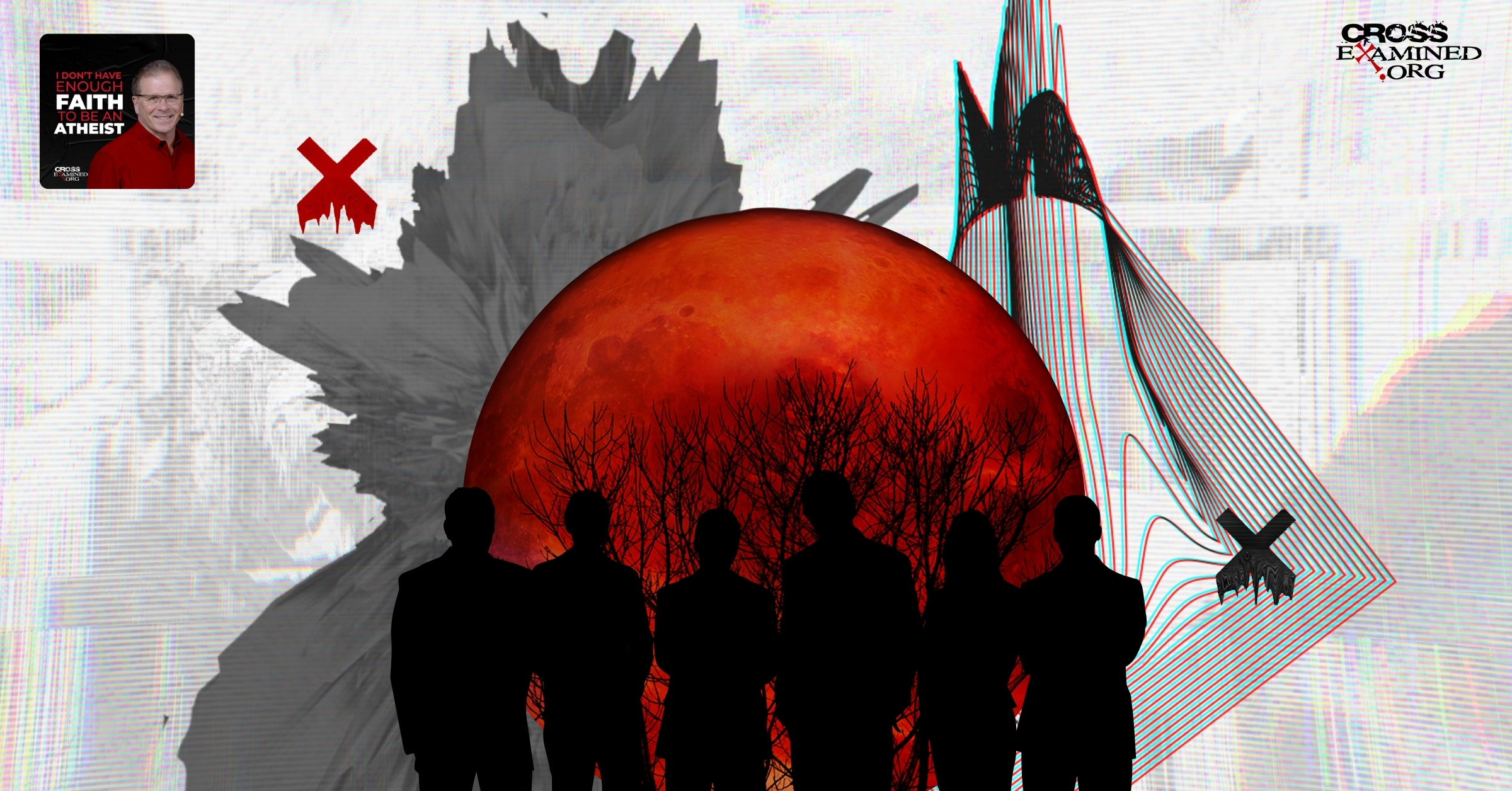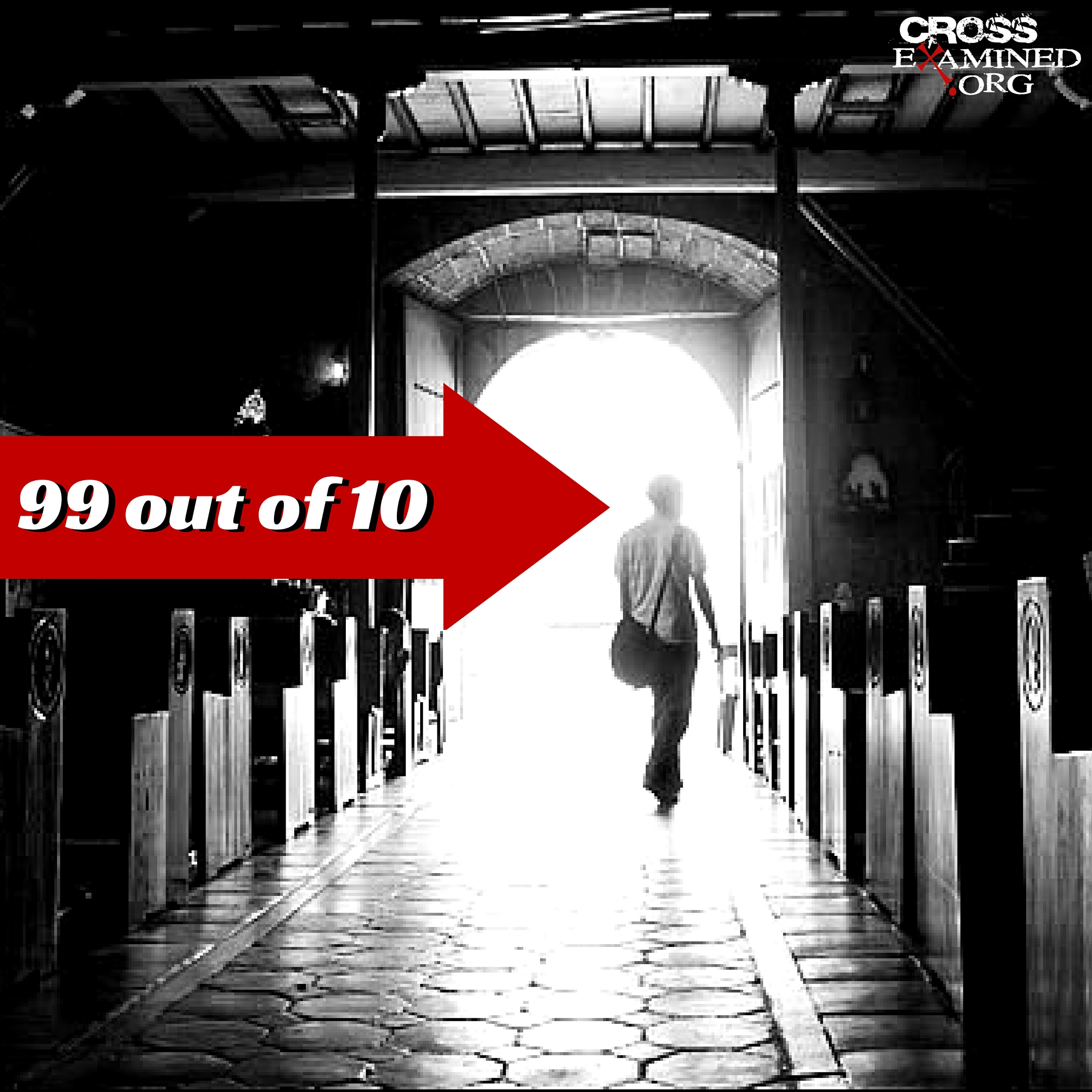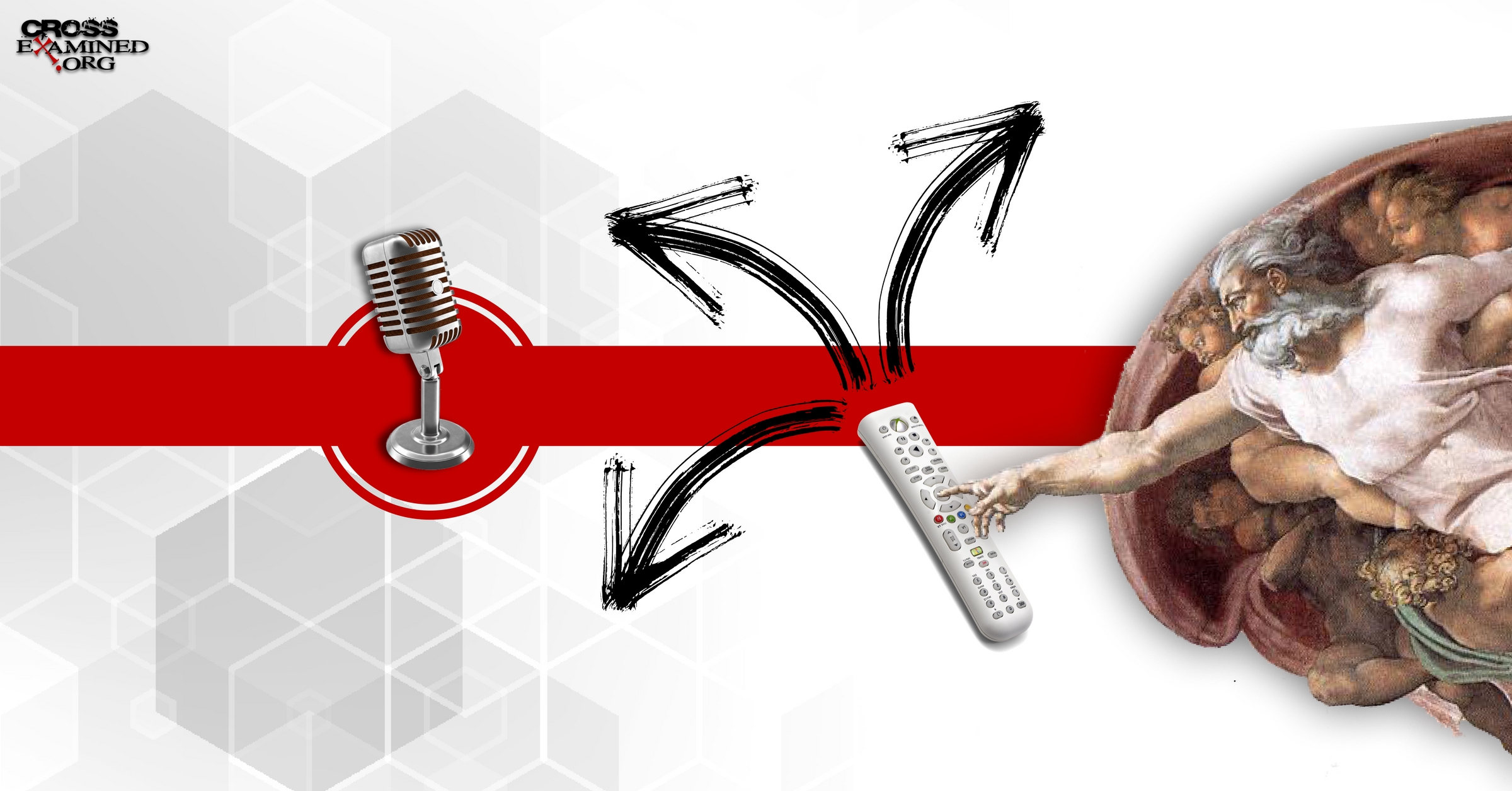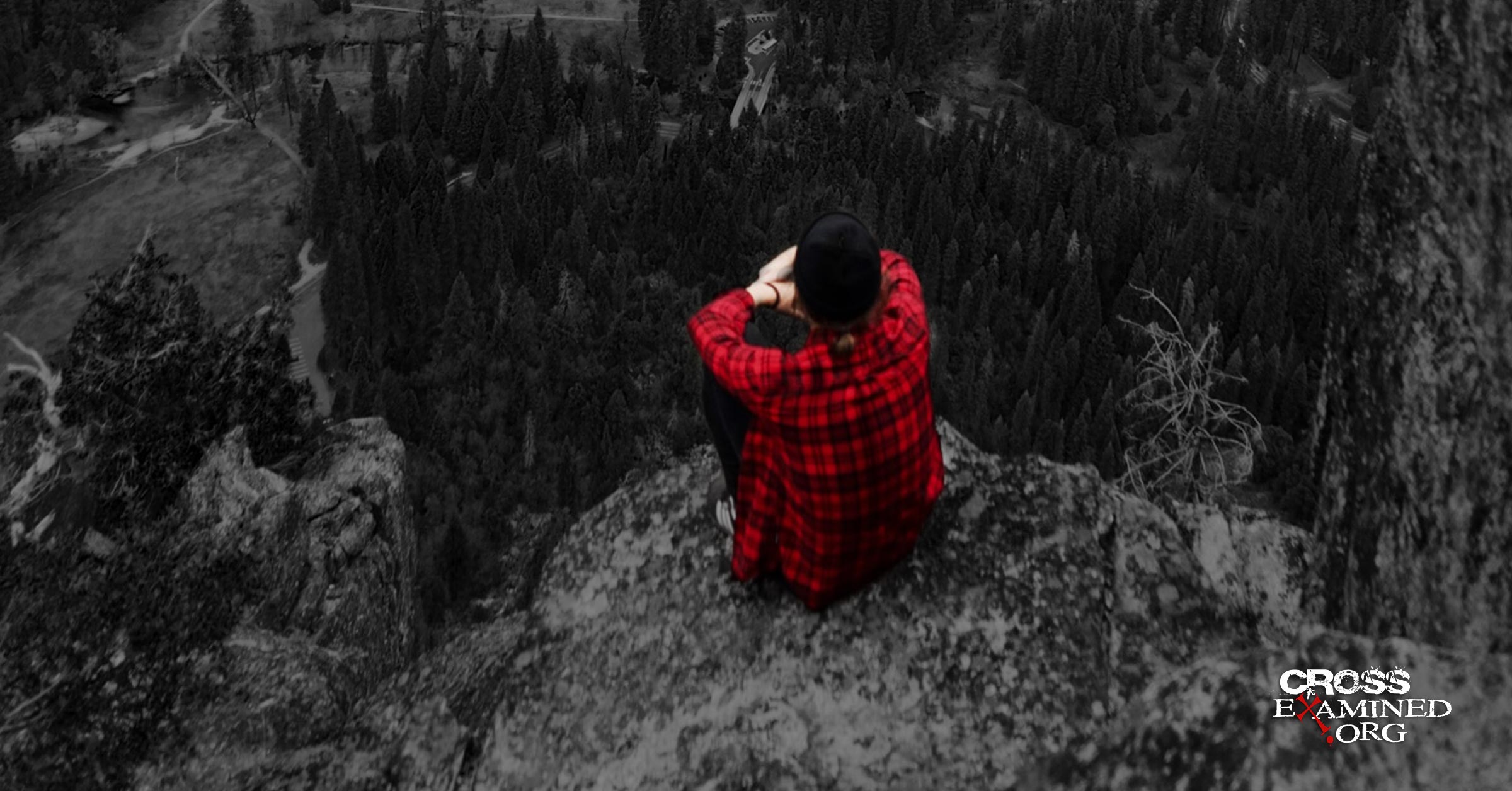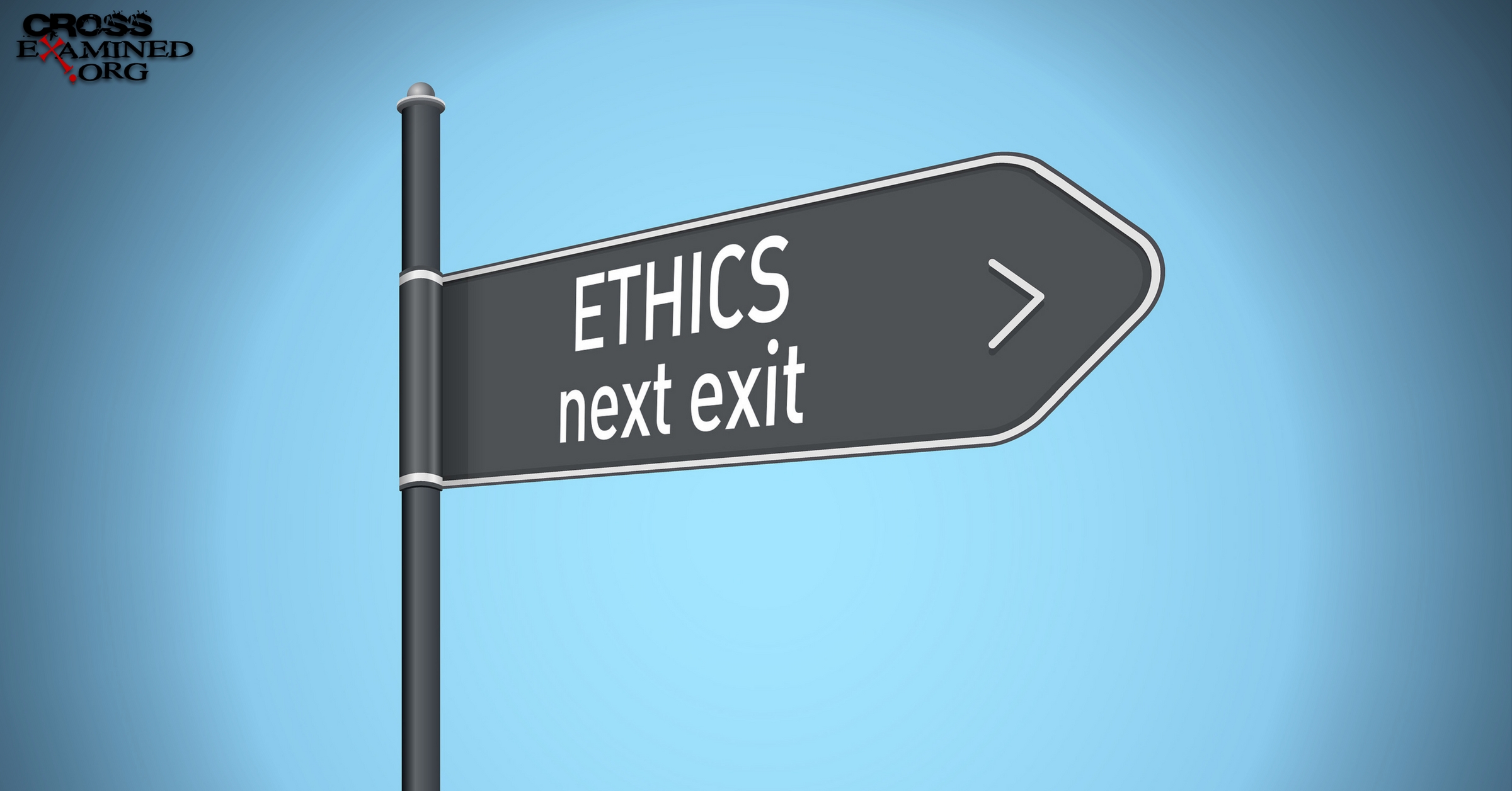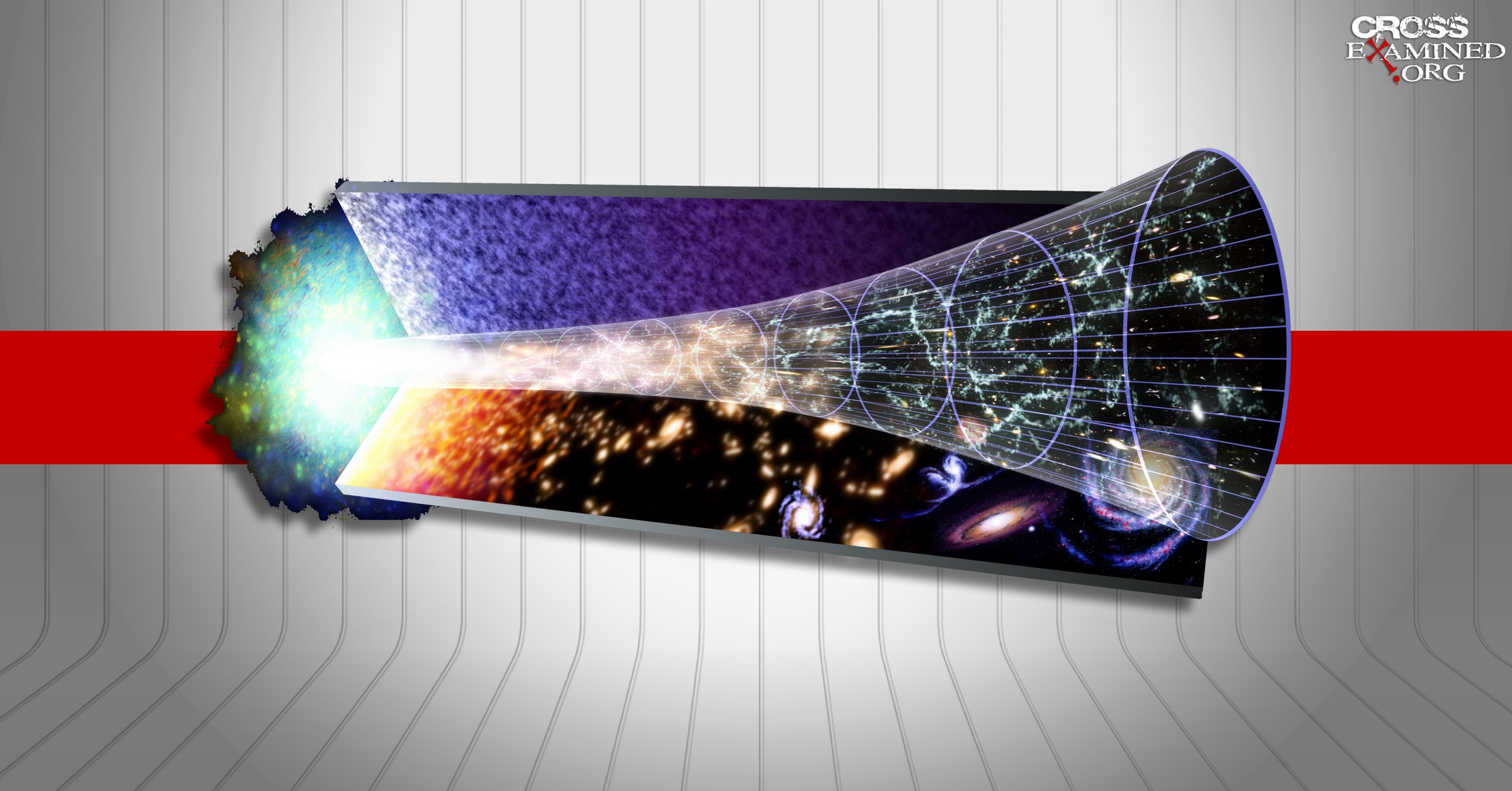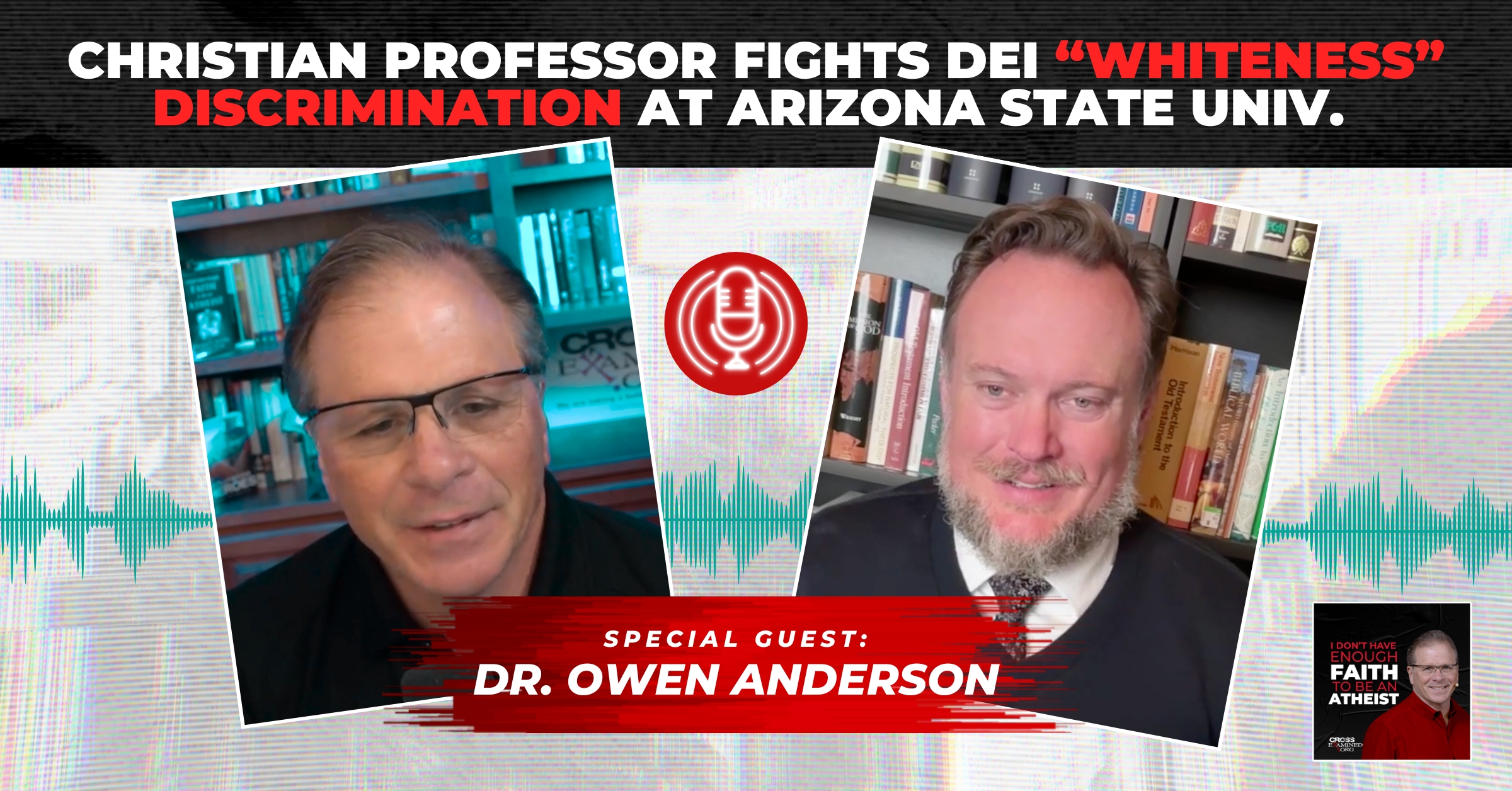The Early Martyrs Were Cross Examined to Death
Skeptics often challenge believers by claiming that the “evidence” for Christianity would never hold up in a courtroom. It’s hearsay, they contend, and since these witnesses can’t be cross-examined, the case would never even see the inside of a courtroom. For many unfamiliar with the legal system, this challenge seems solid. After all, why should we trust our eternity to a message that wouldn’t pass muster in a court dealing with comparatively less important issues?
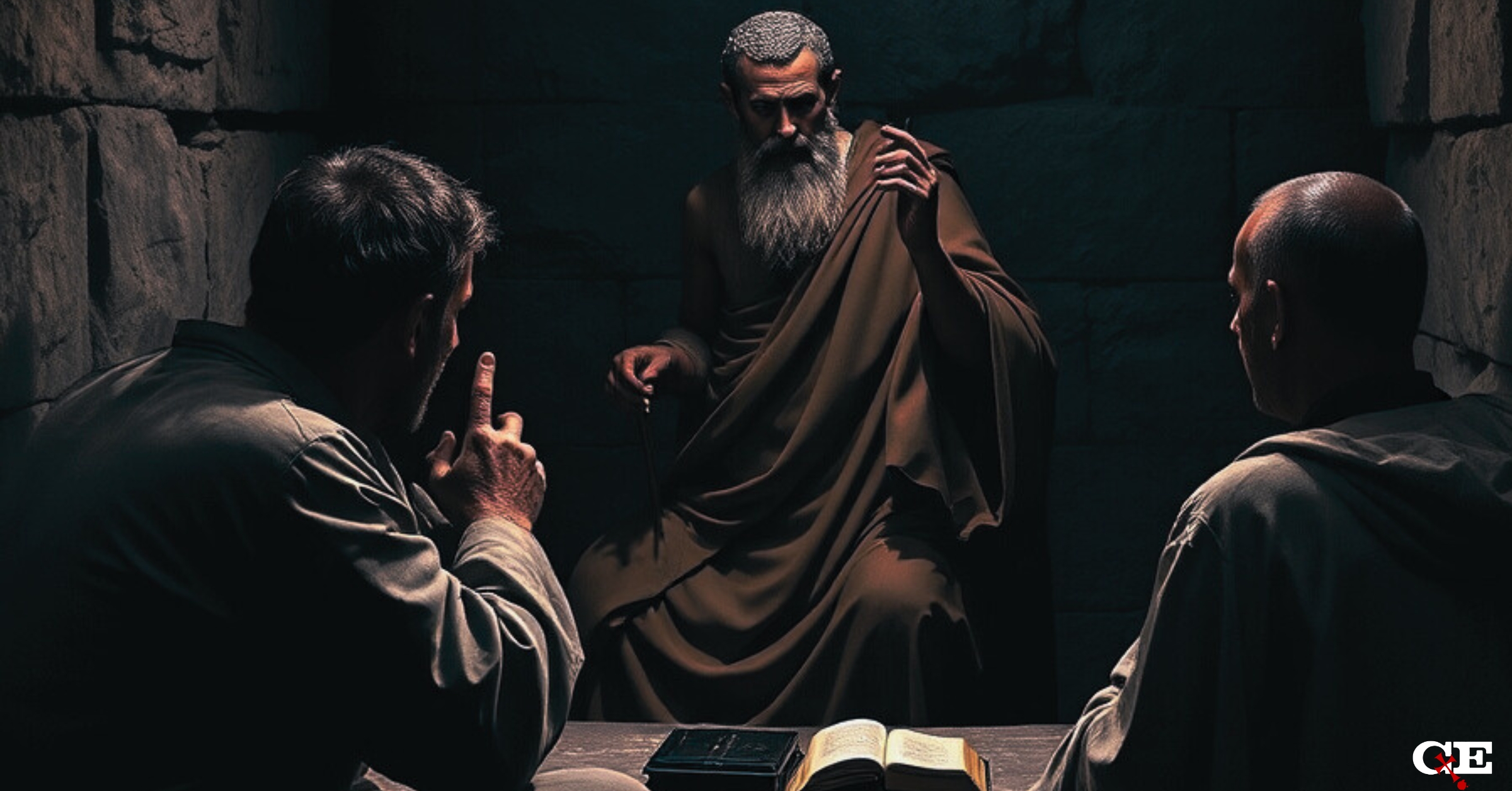
Christianity On Trial
A bit of reflection shows the problem with this line of reasoning. First, it doesn’t take into consideration that we know many things that could never be “proven” according to the rules of evidence in a courtroom. Just about any historical event that is beyond the lifetime of living persons would suffer from similar problems, as well as problems of authenticating documents and physical evidence relating to the case. Yet, we have little doubt that these events occurred.
More importantly, the legal system provides the right to see and confront one’s accusers, and the related right to cross-examine them about their testimony, for a reason – “confrontation” is a reliable way to test evidence, to ensure that it is credible. But there are other ways to assure oneself that a person’s testimony is credible. In the case of the early martyrs, the way they demonstrated credibility – steadfastness in the face of persecution – is even more reliable.
On the Witness Stand
Consider: if a witness testifies that he saw the defendant point a gun at the victim and fire the fatal shot, the defense will want the right to test the reliability of the testimony. But what will they test? Generally speaking, the prosecution will take one of two possibles tacks. They will either, show that the witness is mistaken the witness is lying. Either way, their testimony isn’t very damaging to the defendant.
In preparing to cross examine, a skilled attorney need more oratory. He also needs to plot out an approach. If he wants to show that the witness isn’t mistaken, he will inquire into the types of things that could cause a mistake: how well does the witness know the defendant? How long did he see him? Were there impediments to clear viewing? How did the stress of the event affect the witness’ ability to perceive the event? Were drugs or alcohol a factor and if so, to what extent did they effect the witness’ ability to observe and record what occurred? Each of these avenues may prove productive in undercutting the conclusion the witness reached.
But if the witness says the defendant is his brother and he saw him a few feet away with nothing blocking his view, then alleging that the witness is “mistaken” will not be very productive. That leaves the other possibility, that the witness is lying. What is the relationship of the witness to the defendant? Does the witness stand to gain financially or otherwise by seeing the defendant convicted? What is the witness’s reputation in the community for honesty and integrity? Perhaps the witness is a “jailhouse snitch” who is trying to get out from another charge by telling the police what they want to hear. Or, by contrast, maybe the witness is the defendant’s brother who just happened to be present when the defendant committed the crime and is unwilling to lie for him.
Could the Martyrs Have been Telling the truth?
So, when skeptic’s refuse to even consider the testimony of the early martyrs, saying it’s hearsay, they are misunderstanding the point of cross-examination. The strength of a person’s testimony can be shown even more reliably by their behavior as it relates to that testimony. To put it bluntly: is he willing to die for it?
The skeptic will immediately object: but many people are willing to die for false beliefs? Yes, that’s true, but that is not the situation when we consider what those first martyrs faced. This group of men and women knew Jesus and witnessed the fact and circumstances of his death. This was their testimony: he died a gruesome death, he was later placed in a sealed and guarded tomb, and after three days he began to interact with them in a resurrected body.
If we had them on the witness stand, which of the challenges would we pursue. Mistake would not take us very far. No attorney with any sense would claim that Jesus survived the crucifixion or that the man the apostles saw after the resurrection was not Jesus. Jesus was well known to these individuals, and they witnessed the “effectiveness” of Rome’s favored way of ensuring a tortured and humiliating death. The tomb was empty and even if an imposter had tried to play Jesus’ role, he would not have been able to fool the apostles. That would be like telling the defendant’s brother that he actually saw someone else commit the murder – not a likely way to persuade anyone.
Perhaps then the apostles were lying. They knew Jesus had died on the cross but they wanted the world to believe that he had escaped death. They knew this was false but persisted anyway. How would a skilled attorney cross examine these witnesses? He would begin with the basics: is there a motive to lie? Do the apostles stand to benefit in some way, either financially, emotionally, or through the acquisition of power? Do the apostles have some animus against the “other side?” Are there prior inconsistent statements or actions that would undercut their present testimony? How committed are they to the position they are taking?
Having cross-examined countless witnesses, I for one would not want to take on these witnesses. Committed? They went to their deaths rather than retract their claim – “okay, you’re right, we just really wished that he was the Messiah, so we fabricated this whole thing.”
Prior inconsistencies? Quite the contrary. The change in their behavior shortly after Jesus’ death – from meek and broken to brave and bold – corroborates their testimony.
Animus against the other side? They preached a message of love, forgiveness and reconciliation. They gave unto Caesar the things of Caesar.
Motive for gain? Hardly. Insisting that Jesus was the Messiah brought them nothing; in many cases it took from them what little they had. They gained no position, nor power, nor wealth, nor anything else of earthly value.
Where does the cross-examiner go? Indeed, nothing they did on a witness stand could possibly add to the force of their “testimony” by remaining faithful . . . unto death.
They Wouldn’t Have Died for Lie
The missionary Jim Elliott once said, “He is no fool who gives what he cannot keep to gain that which he cannot lose.” Having witnessed the risen Lord, the early martyrs had a level of confidence in their message that few today can manage. They were neither fools nor liars. Indeed, it is rather the fool who refuses to acknowledge the power of their witness.
Recommended Resources:
Why We Know the New Testament Writers Told the Truth by Frank Turek (mp4 Download)
The Top Ten Reasons We Know the NT Writers Told the Truth mp3 by Frank Turek
The New Testament: Too Embarrassing to Be False by Frank Turek (DVD, Mp3, and Mp4)
How Can Jesus be the Only Way? Mp4, Mp3, and DVD by Frank Turek
Al Serrato earned his law degree from the University of California at Berkeley in 1985. He began his career as an FBI special agent before becoming a prosecutor in California, where he worked for 33 years. An introduction to CS Lewis’ works sparked his interest in Apologetics, which he has pursued for the past three decades. He got his start writing Apologetics with J. Warner Wallace and Pleaseconvinceme.com.


